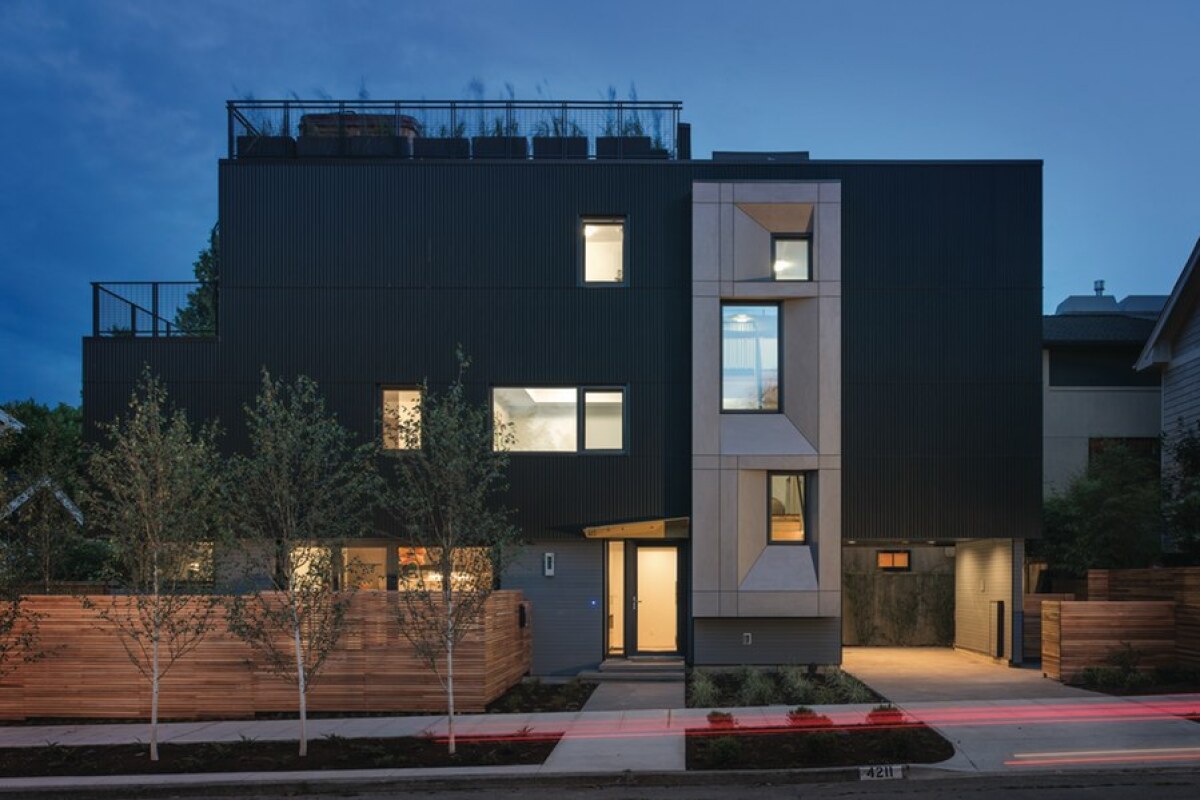We cover a lot of impressive Passive Houses here at Gizmag, but relatively few are actually built worldwide. Which is why it's exciting that Ireland's Dún Laoghaire-Rathdown County Council has reportedly passed a law requiring all new homes in the area be built to the Passive House standard or feature an equivalent performance.
First, a quick primer. Put simply, Passive House (or Passivhaus) is a green building standard (like LEED) that focuses on air-tightness and insulation. Therefore, a Passive House-certified home should be extremely heat efficient and inexpensive to run. The Passive House Institute has a more thorough explanation of the Passive House and related terminology.
According to Passive House Plus, the motion was worded by its own editor and sponsored by Fine Gael councillor Marie Baker. It requires that all new buildings either meet the Passive House standard or equivalent, where reasonably practical. So while a new home doesn't necessarily need to be certified by the Passive House body, it must demonstrably meet the performance of one.
Passive House Plus estimates that his could result in upwards of 20,000 new Passive Houses built by 2022 in Dún Laoghaire-Rathdown County alone, but even if that figure is way off, we can probably expect a lot of new green houses to appear in that part of the world.
A word of caution though. Treehugger's Lloyd Alter points out that Ireland's Minister of the Environment, could still potentially choose to step in to challenge the new law on the (contested) grounds that it could raise the cost of housing.
Source: Passive House Plus




